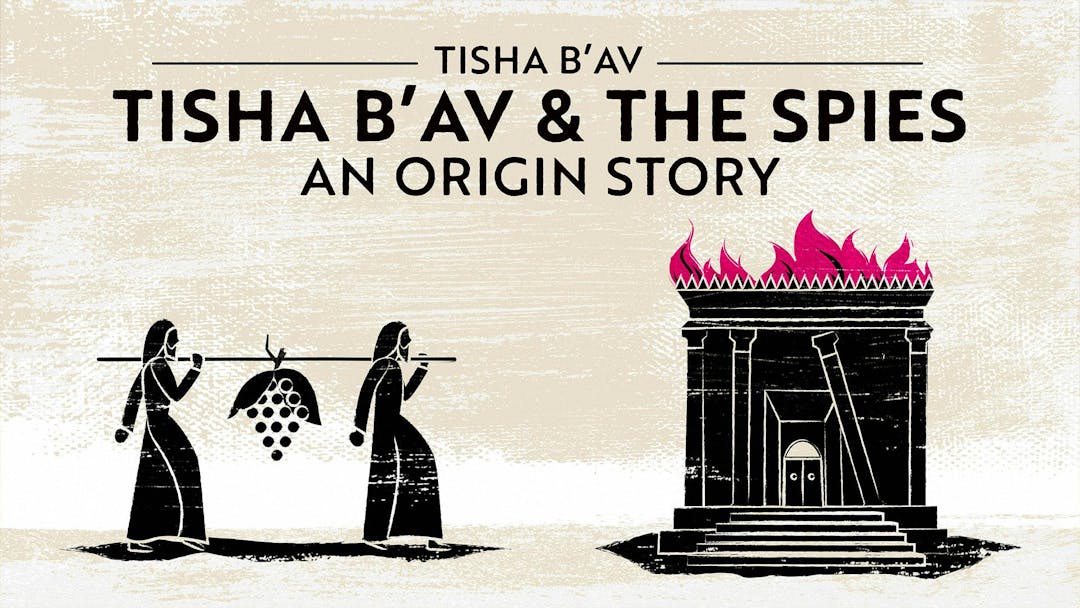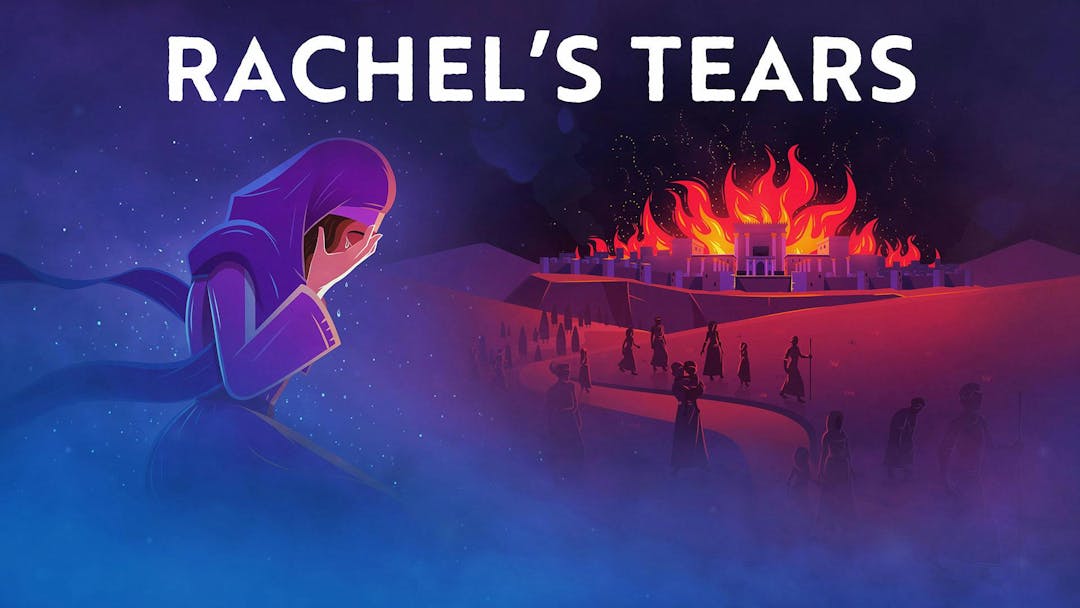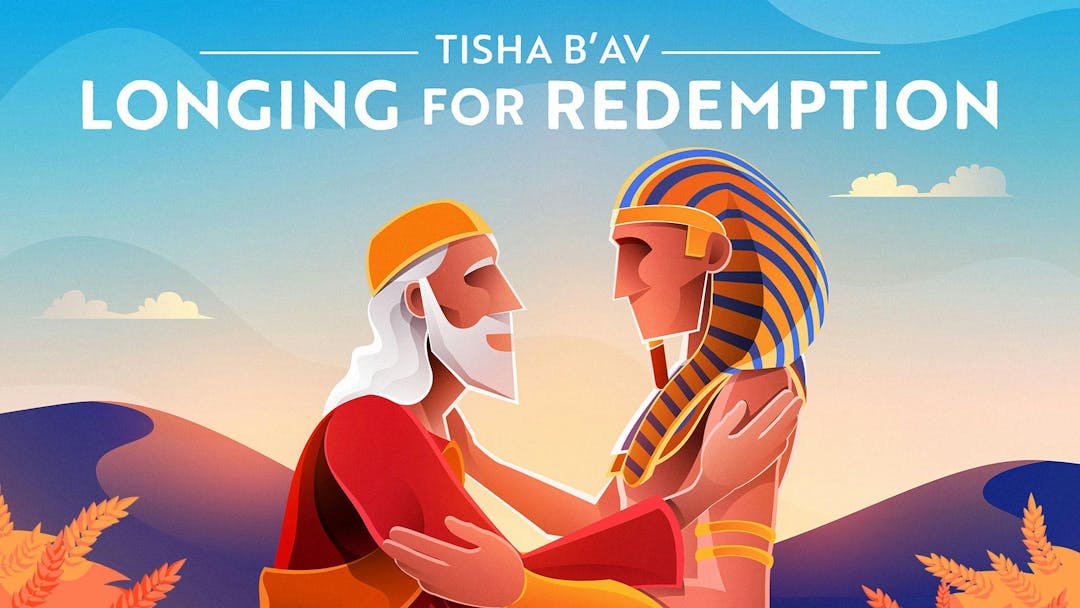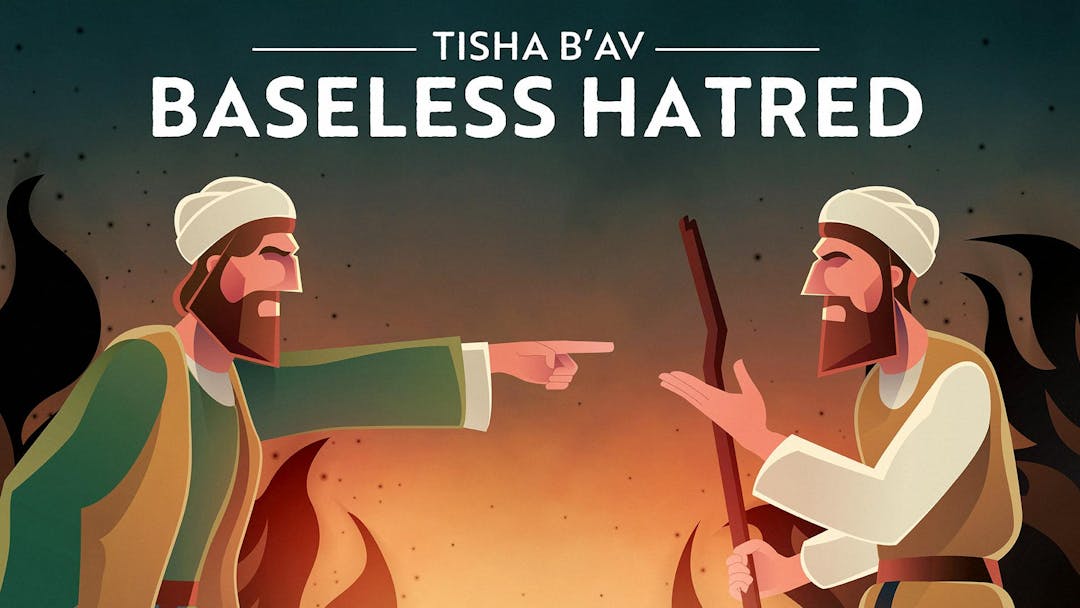Start your free trial today to unlock the full library and enjoy unlimited and uninterrupted access.
Get StartedMegillat Eicha (Part 1 of 2)
Megillat Eicha And Its Secrets
What does Eicha have to do with the garden of Eden? At first glance, not much. But if we look closer, it turns out that the Megillah is actually echoing language first used in the beginning of Genesis. Could it be that the exile from Jerusalem is somehow connected to the exile from the Garden of Eden? Join Rabbi Fohrman as he explores the Garden of Eden story and its reverberations in Megillat Eicha -- and never think about Tisha B’Av the same way again.
Discover other great Tisha B’Av videos at Aleph Beta, including ‘The Book of Lamentations”, “Sinat Chinam: What is Baseless Hatred ”. And “The Story of King Hezekiah”
Want to watch the full video for free?
Enter your email and we’ll send you a link to watch the full series free.
What is Aleph Beta?
Aleph Beta is a unique kind of Torah library. Led by our founder, Rabbi David Fohrman, we are dedicated to high-level, textual Torah learning for adults that is intellectually and spiritually sophisticated, that enlivens your Jewish practice and helps you forge a deeper connection to God. Whether you’ve been learning in yeshiva for years or you’re just beginning your Torah journey, you’re sure to find something meaningful and surprising waiting for you here.
Browse our library of over 1,000 beautifully produced animated videos, podcasts, deep dive courses, and printable guides. Topics include the weekly parsha, Jewish holidays & fast days, laws & mitzvot, prayers, relationships, big philosophical ideas and more. Have something to say at the Shabbos table that will amaze your family and guests and bring deep meaning into their lives.












